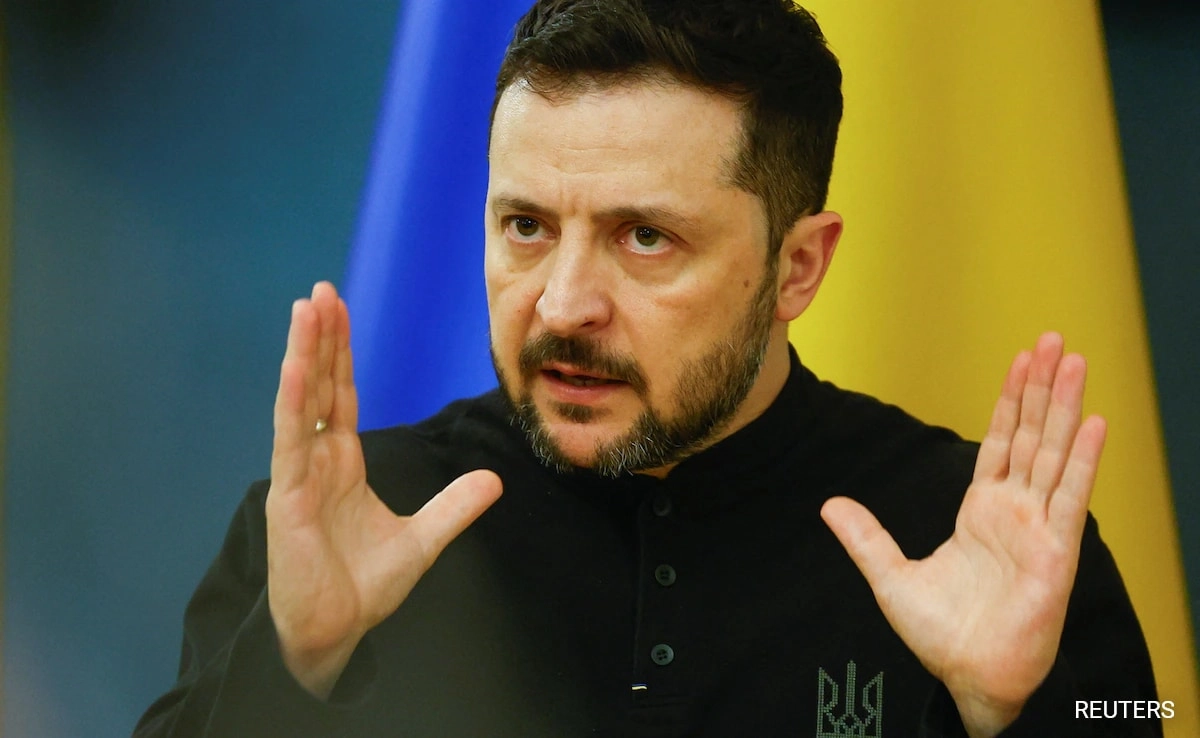The ongoing conflict between Russia and Ukraine has escalated tensions in the region, particularly surrounding Crimea, which has emerged as a critical flashpoint in the war. This peninsula, located on the northern coast of the Black Sea, has been a focal point of geopolitical disputes since it was annexed by Russia in 2014. The contested status of Crimea is not merely a territorial issue; it embodies the broader struggle for national identity, sovereignty, and regional influence. As both nations assert their claims, Crimea’s strategic importance, bolstered by its military and economic significance, makes it a central battleground in the ongoing conflict.
Historically, Crimea has deep cultural and historical ties to both Russia and Ukraine. The peninsula was transferred to Ukraine in 1954 during the Soviet era, but following the dissolution of the Soviet Union in 1991, it became part of an independent Ukraine. The majority ethnic Russian population in Crimea has often felt a connection to Russia, leading to a complex narrative of loyalty and identity. The annexation in 2014 was justified by Russia under the pretext of protecting ethnic Russians and Russian speakers in Crimea, a move that has been widely condemned by Ukraine and the international community as illegal. This historical backdrop adds layers to the current tensions, as both nations continue to grapple with the implications of Crimea’s status.
The strategic significance of Crimea cannot be overstated. The peninsula serves as a vital military stronghold for Russia, providing access to the Black Sea and enabling control over critical maritime routes. The presence of Russian naval forces in Sevastopol, a key port city in Crimea, bolsters Russia’s military capabilities in the region. For Ukraine, reclaiming Crimea is not just about territory; it is a matter of national pride and territorial integrity. The ongoing conflict thus revolves around more than just military might; it involves questions of sovereignty, national identity, and the future of regional stability.
As the war continues to unfold, Crimea remains a contentious issue with significant implications for both countries and the international community. The ongoing military operations, diplomatic maneuvers, and global responses reflect the complexity of the situation. With Western nations supporting Ukraine and imposing sanctions on Russia, the conflict in Crimea has the potential to exacerbate divisions not only between the two countries but also among international allies and opponents. The future of Crimea, and by extension the Russia-Ukraine conflict, hinges on a delicate balance of power, negotiation, and the will of the people living in the contested region. This dynamic underscores the critical need for dialogue and resolution, as the stakes remain high for all parties involved.




